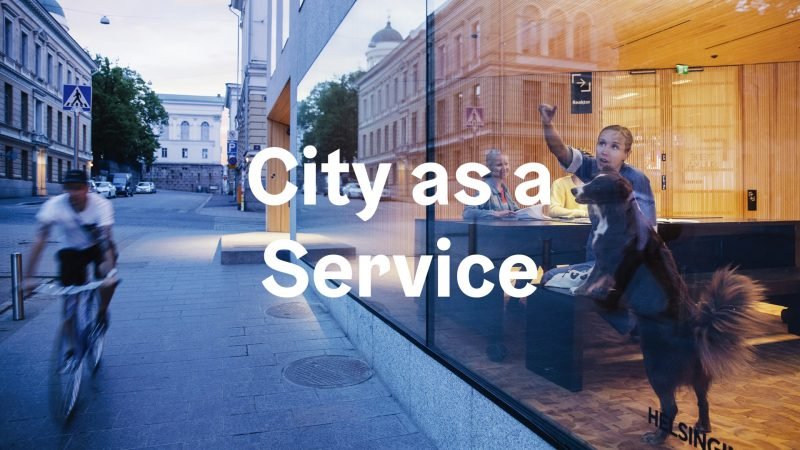Top-Level City Domains: The Next Big Thing?
 Two things are happening. First, needless to say, the role of the Internet in daily life is only increasing. Second, the role of city regions as strategic nodes in the world system only gets bigger, resulting in a global inter-urban competition to attract all kinds of knowledge workers. In regard to this, Berlin-based economist and founder of DotCities Dirk Krischenowski believes that top-level city domains could be the next big marketing and branding tools for cities worldwide. From 2011 onwards the US-based internet administration organization ICANN will introduce new generic top-level domains. Krischenowski expects that cities and regions as well as companies and other organizations will apply for extensions such as .nyc, .berlin, or .quebec.
Two things are happening. First, needless to say, the role of the Internet in daily life is only increasing. Second, the role of city regions as strategic nodes in the world system only gets bigger, resulting in a global inter-urban competition to attract all kinds of knowledge workers. In regard to this, Berlin-based economist and founder of DotCities Dirk Krischenowski believes that top-level city domains could be the next big marketing and branding tools for cities worldwide. From 2011 onwards the US-based internet administration organization ICANN will introduce new generic top-level domains. Krischenowski expects that cities and regions as well as companies and other organizations will apply for extensions such as .nyc, .berlin, or .quebec.
“In an age when Google search results often determine marketing success or failure, cities must find unique selling propositions (USPs) on the net to safeguard their global digital competitiveness. (…) By marketing throughout the entire world, top-level domains can create a product with a clear brand. (…) The values externally associated with a city can cover both modern and traditional aspects: sustainability, variety, self-fulfilment, openness, potential and opportunities.”
In his article he defines ten advantages city regions could take from the introduction of TLDs. Of course, city domain extensions have the potential to generate more contacts with the name of the city in question than any other communication channel. Nevertheless, what strikes me is the fact that these kinds of TLDs have a strong local identification character and can have true potential for bottom-up branding. In Krischenowski’s words, “it is the people and their organizations that make up the success of the city-TLD for a particular city because they are its ambassadors”. In this case, the DotBerlin initiative is worth mentioning. DotBerlin is an initiative of Berliners for their own top-level domain on the internet, taking into account the interests of Berliners worldwide.
Whereas current city marketing campaigns strongly focus on physical reality, the creation of virtual realities increasingly gains importance. There is only one problem. Physical city marketing campaigns can be easily controlled by the cities themselves since the urban authorities excercise power over public space. In contrast, the Internet is an anarchy with no control at all. That provides opportunities for opening up the process of city marketing, and especially the process of counter-marketing.



